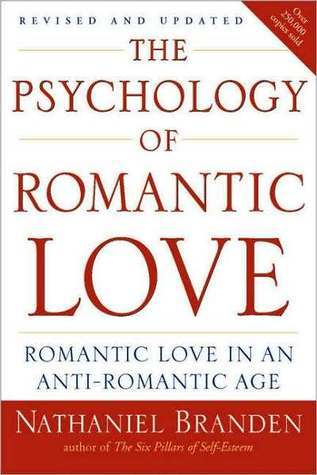What do you think?
Rate this book


240 pages, Paperback
First published July 28, 2000
When we feel rejected, when we look at past relationships and see nothing but a string of disappointments, frustrations, and defeats, it is often illuminating to ask: Do I feel it is natural or normal for someone to love me?